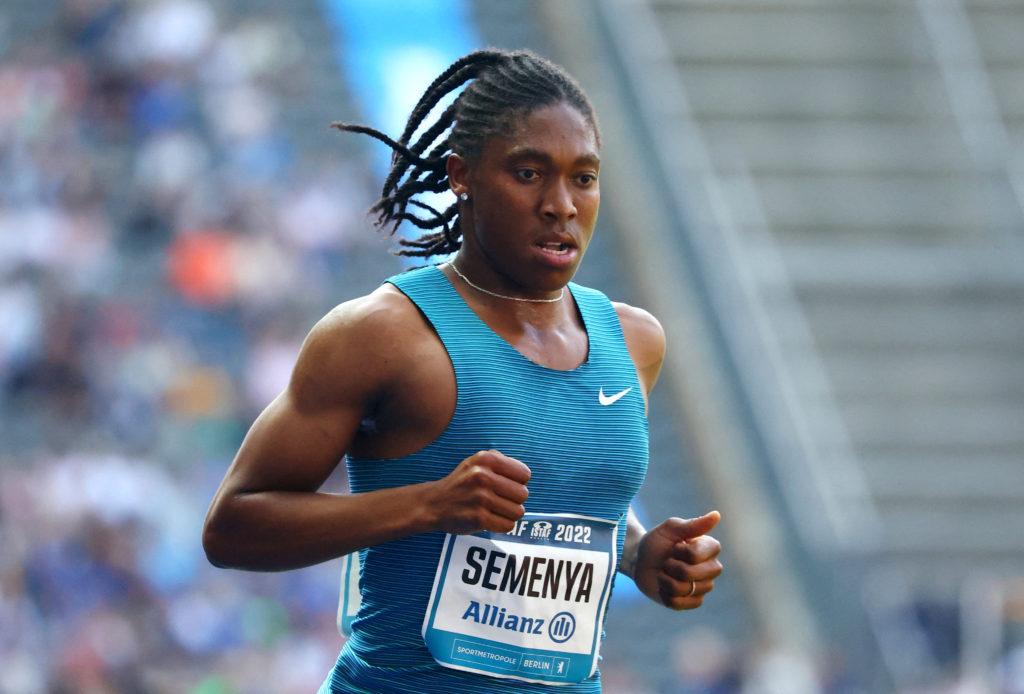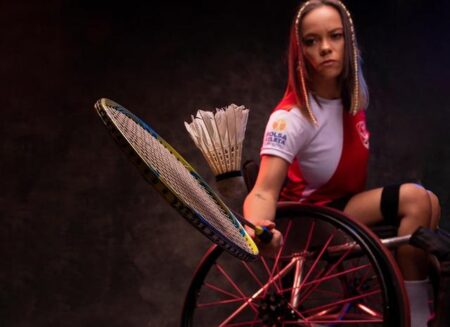The Supreme Court has agreed to review a contentious case concerning the participation of transgender athletes in school sports, a decision that could have significant implications for educational institutions and athletic programs nationwide. The case, highlighted by KMPH, centers on whether transgender students should be allowed to compete in sports teams that align with their gender identity. As debates over fairness, inclusivity, and civil rights intensify, the Court’s upcoming ruling is poised to shape policies and influence the broader conversation on transgender rights in the United States.
Supreme Court to Weigh Legal Challenges Surrounding Transgender Athletes in School Sports
The highest court is set to deliberate on several pivotal cases that center around the participation of transgender athletes in K-12 school sports. These legal battles touch on the balance between inclusivity and fairness in competitive sports, with arguments focusing on whether existing policies disproportionately affect cisgender athletes or discriminate against transgender students. Advocates on both sides are closely monitoring the proceedings, anticipating a decision that could redefine regulations nationwide.
Key points under review include:
- Eligibility criteria: How sports organizations determine athlete participation based on gender identity and biological sex.
- Title IX implications: Examination of gender discrimination laws in the context of school athletics.
- Impact on competitive fairness: Assessing whether transgender athletes have an unfair advantage or if exclusion fosters discrimination.
| Aspect | Focus | Potential Outcome |
|---|---|---|
| Eligibility Rules | Defining participation standards | Uniform national guidelines |
| Legal Precedents | Interpreting Title IX protections | Expanded or limited scope |
| Fairness in Competition | Balancing equity among athletes | Policy revisions state-wide |
Impact of Court Decision on State Policies and Athletic Associations
The Supreme Court’s decision on transgender athletes’ participation in school sports is poised to have far-reaching effects on state policies across the nation. Many states have crafted athletic guidelines that balance inclusivity with competitive fairness, but a ruling could either solidify or upend these frameworks. Some states may be compelled to revise their laws to align with the Court’s interpretation, potentially affecting eligibility criteria, verification procedures, and the role of school athletic associations in enforcement. This judicial scrutiny also pressures lawmakers to clarify definitions related to gender in educational and sports contexts, influencing funding allocations and compliance mandates at multiple levels.
Athletic associations, which have historically set the standards for student eligibility, could face significant operational and governance changes. With the possibility of a unifying legal precedent, associations might be required to adopt uniform policies nationwide, reducing their individual autonomy but enhancing consistency across competitions. The impact is not only administrative but also cultural, as associations will navigate the delicate balance of promoting equitable competition while fostering inclusiveness.
- Potential for standardized eligibility guidelines across states
- Increased legal clarity on transgender student rights in sports
- Challenges for local athletic associations in policy adaptation
- Heightened public discourse at the intersection of law, sports, and civil rights
| State | Current Policy | Potential Change |
|---|---|---|
| California | Inclusive eligibility | Reinforcement or modification |
| Texas | Restrictive participation rules | Possible loosening or upholding |
| Florida | Gender-based classification | Re-evaluation of criteria |
Voices from Advocates and Opponents on Fairness and Inclusion in Competitive Sports
Advocates emphasize the importance of creating an inclusive environment where transgender athletes can participate without fear of discrimination. They argue that allowing transgender students to compete according to their gender identity not only fosters mental well-being but also supports the broader principles of equality and human rights. Supporters often point to guidelines from prominent organizations like the NCAA and human rights groups advocating for policies that balance inclusion with competitive fairness. Key points from advocates include:
- Recognition of gender identity as fundamental to personal dignity
- Promotion of diversity and acceptance within school sports
- Calls for science-based, individualized assessment policies
On the other hand, opponents raise concerns about the impact of allowing transgender athletes to compete based on gender identity, particularly regarding physical advantages in competitive sports. They argue that fairness for cisgender female athletes may be compromised, potentially affecting scholarship opportunities and competitive outcomes. Critics urge the Supreme Court to consider regulatory frameworks that maintain a level playing field, citing:
- Differences in muscle mass and hormone levels as factors in competition
- Preservation of opportunities for cisgender women athletes
- Support for sex-based classifications in sports policies
| Perspective | Primary Concern | Policy Focus |
|---|---|---|
| Advocates | Inclusion & equality | Gender identity recognition |
| Opponents | Fairness & competitive integrity | Biological sex-based guidelines |
Potential Outcomes and Recommendations for Schools Navigating Transgender Athlete Participation
As the Supreme Court prepares to review policies surrounding transgender athletes in school sports, educational institutions face a complex landscape of potential legal and social outcomes. Schools may need to revise existing participation guidelines to align with forthcoming legal precedents, ensuring compliance while supporting inclusivity. Administrators should proactively engage with policymakers, parents, and student-athletes to foster transparent dialogues that prioritize fairness and respect for all competitors. Failure to adapt could result in legal challenges or community backlash, highlighting the importance of flexible, well-communicated frameworks.
In navigating these evolving dynamics, schools might consider several strategic steps:
- Develop clear, evidence-based policies informed by medical and athletic organizations.
- Provide training for staff and coaches on inclusivity and compliance.
- Create safe spaces for open discussion among students, families, and stakeholders.
- Monitor legislative developments closely to anticipate necessary adjustments.
| Potential Scenario | Recommended School Action |
|---|---|
| Supreme Court upholds current inclusive policies | Reinforce inclusivity training and revise participation guidelines accordingly. |
| Supreme Court mandates stricter eligibility criteria | Implement updated criteria and engage community with transparent communication. |
| Mixed rulings leading to state-level decision-making | Collaborate with state authorities and adapt policies regionally. |
Closing Remarks
As the Supreme Court prepares to review this pivotal case, the decision could have far-reaching implications for transgender athletes, schools, and sports organizations nationwide. Stakeholders from all sides await the Court’s ruling, which promises to shape the future landscape of inclusivity and fairness in school sports. KMPH will continue to follow and report on developments in this evolving and highly debated issue.





